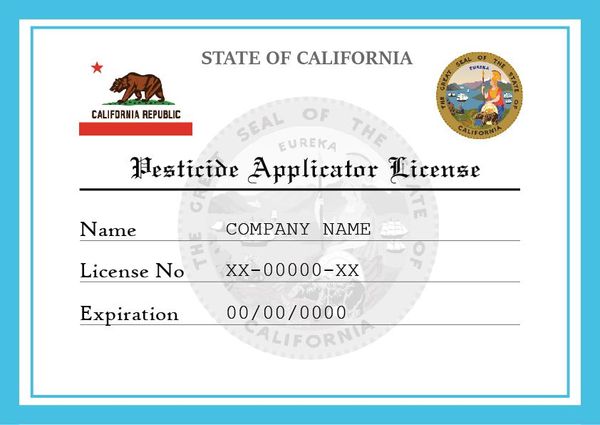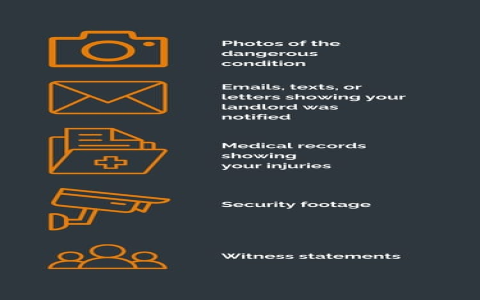So, you’re trying to figure out this whole California pesticide license thing. Yeah, I’ve been down that road. It’s a whole deal, let me tell ya.
It all kinda started by accident, really. My cousin, bless his heart, decided to start a small gardening maintenance business. Super enthusiastic, you know? Then he calls me one day, all panicked. Said he was looking at a job for a small HOA, and they asked if he was licensed for pest stuff. He had no clue. And since I’m the ‘good at figuring stuff out’ guy in the family, guess who got roped in?

First thing I did was just start searching online. Right away, it’s like, whoa, California doesn’t mess around. They want you to have a license or a certificate for a ton of different things if you’re a professional applicator. They’re not just talking about the big agricultural operations either. The State of California requires it for many categories – folks who apply pesticides as their job, businesses that sell pesticides, or even if you’re running a pest control business using methods or devices for hire. That includes those maintenance gardener businesses, like my cousin was trying to set up, if they’re doing pest control.
Then I stumbled onto the training part. This is serious stuff. If you work for someone and handle pesticides, your employer is legally required to train you. And get this, it’s supposed to be every year, and also anytime you work with new pesticides. My friend who does commercial landscaping told me his boss is super strict about it. He said if you’re not getting that training, you’re actually supposed to report it to your County Agricultural Commissioner. That tells you how important they think it is. Makes sense, really. You don’t want people just winging it with that kind of stuff.
Figuring Out the Path
So, for my cousin, and kinda for my own sanity at that point because I was in deep, I had to really dig in. The first hurdle was understanding what kind of license or certificate he even needed. It’s not a one-size-fits-all deal. There are different categories, different requirements. I spent a good few evenings just trying to make sense of all the information from the state.
The Study Grind
Once we sort of narrowed down what he was aiming for, then came the studying. Oh boy. We got our hands on the study materials. We’re talking safety procedures, how to read those super complicated labels on pesticide containers, what personal protective equipment (PPE) you need, and even a bit about the pests themselves and how different products work. My kitchen table looked like a disaster zone of papers and printouts for weeks.
- First, I tracked down all the official study guides and manuals. Some you buy, some are free PDFs.
- Then, it was just pure grind mode. Reading, re-reading, trying to make it all stick.
- We even made flashcards for the tricky bits. Felt like being back in school, I swear.
The Actual Process
After feeling somewhat prepared, or at least not totally clueless, the next step was applying for the exam. That means filling out all the right forms, making sure you meet any prerequisites, and paying the fees. The usual bureaucratic tango, you know? And the exam itself, well, you better have actually learned the material. They don’t just ask easy questions. They want to make sure you really understand the regulations and how to handle everything safely and legally.
My cousin, he finally took the plunge and went for his exam. He was a bundle of nerves. I’d been drilling him on stuff for weeks. He passed the parts he needed for his Qualified Applicator Certificate, specifically for the kind of work he does. It took a lot of effort on his part.

So yeah, that’s the story of how I ended up knowing way more than I ever thought I would about California pesticide licenses. All started with a cousin in a jam. It’s definitely a process. You gotta be patient, and you really, really gotta hit the books. But if it’s something you need to do for your work, or even if you’re just serious about doing things the right way, then that’s the path you gotta walk. No real shortcuts when it comes to this stuff in California.





















